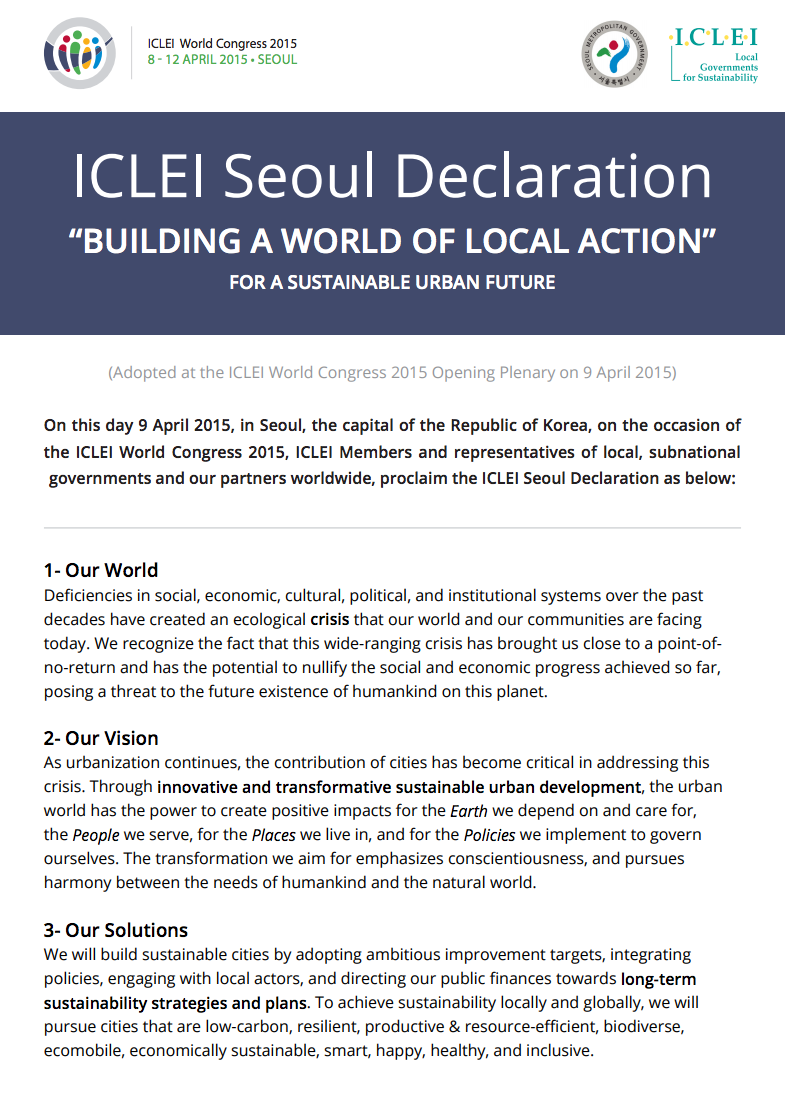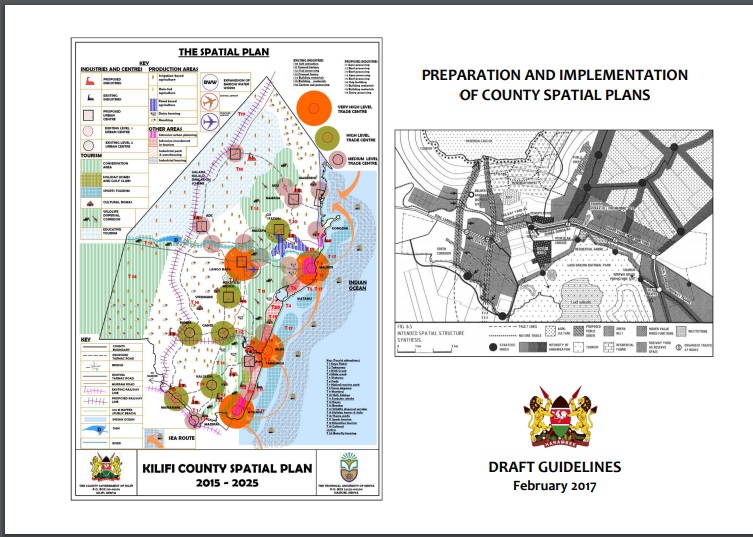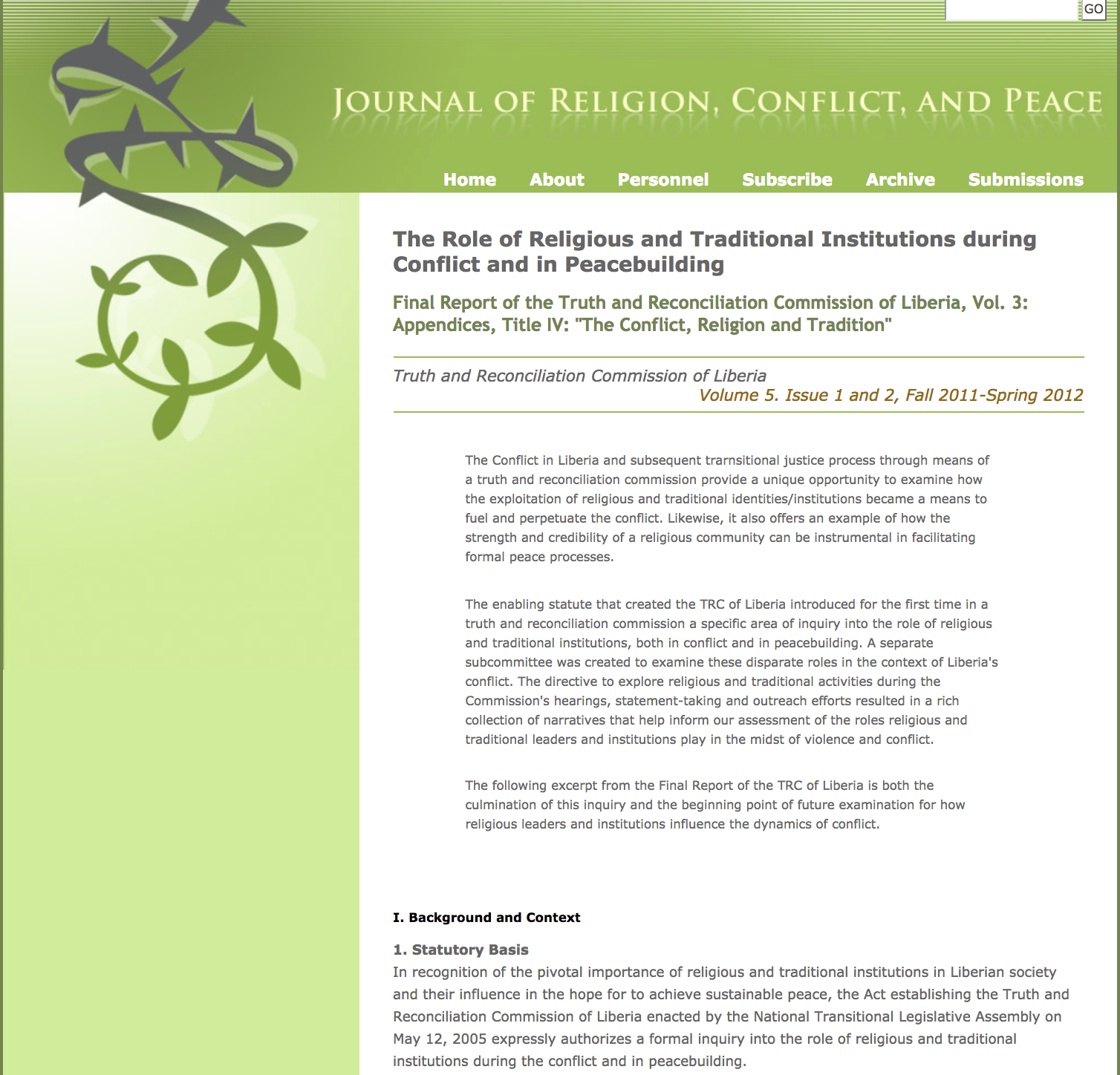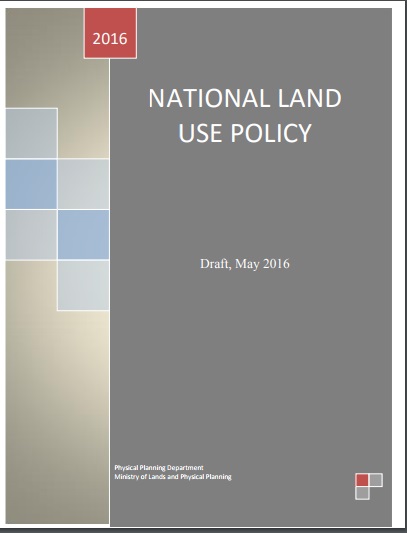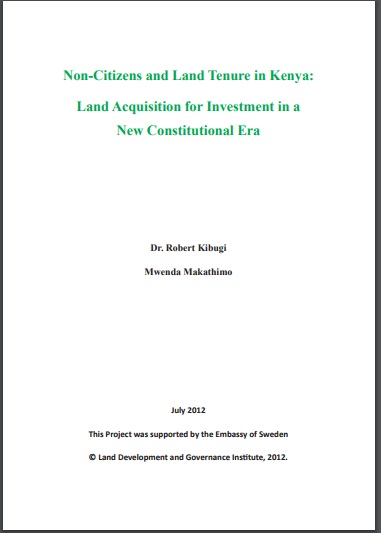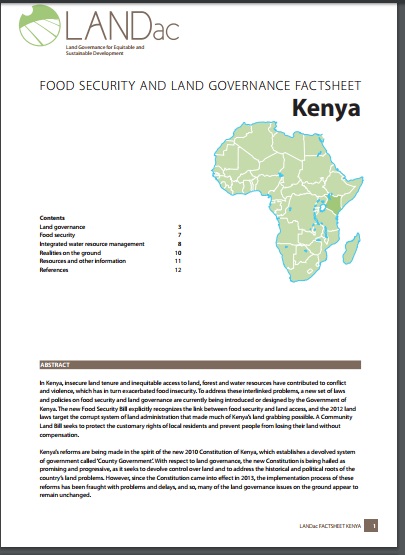The stubborn feudal in us: Rural struggles from late colonialism to a neo-apartheid South Africa
This presentation provides a historical overview of the role of the state in maintaining feudal structures and examines the roles and powers of tribal chiefs in post 1994 laws. It examines rural popular struggeles to challenge unaccountable tribal rule in the 1980s and the role of chiefs in the transition to democracy in South Africa

